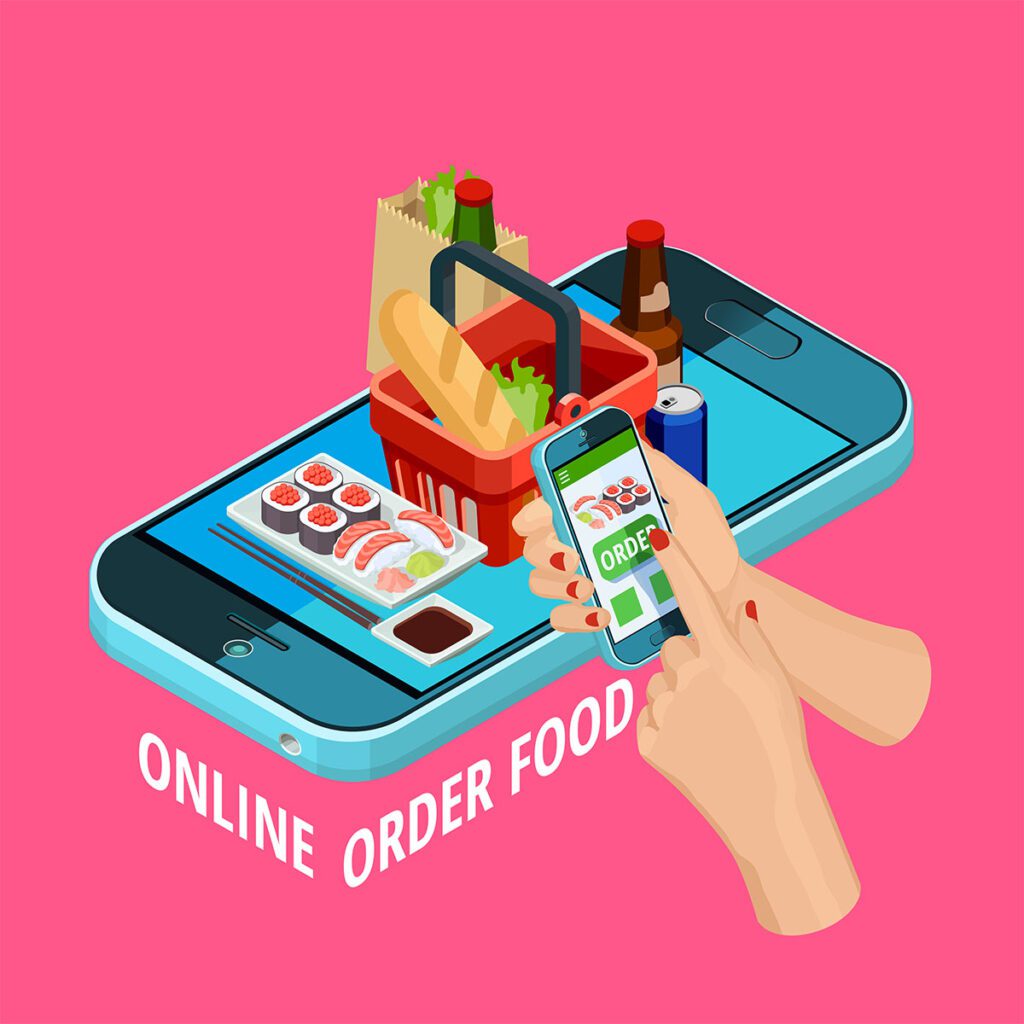In today’s fast-paced world, customers expect convenience and ease of access when it comes to purchasing products or services. This is especially true in the food industry, where consumers are constantly looking for new and innovative ways to order their favorite meals. That’s where e-commerce services come in. In this blog post, we will explore why e-commerce is needed for food businesses, what exactly it is, and how to deal with it effectively.
In recent years, there has been a significant shift towards online shopping, and the food industry is no exception. With the rise of food delivery apps and online ordering systems, customers are increasingly turning to e-commerce platforms to order their meals. Here are a few reasons
why e-commerce is needed for food businesses:
Convenience: Customers can order their favorite meals from the comfort of their own homes, without having to visit a restaurant or wait in line.
Increased sales: By offering online ordering and delivery services, food businesses can reach a wider audience and generate more sales.
Improved customer experience: E-commerce platforms provide customers with a seamless ordering experience, which can lead to increased customer satisfaction and loyalty.


What is e-commerce?
E-commerce refers to the buying and selling of goods or services online. In the food industry, e-commerce platforms typically allow customers to order food online and have it delivered to their doorstep. These platforms can be either owned and operated by the restaurant itself or provided by a third-party delivery service.
How to deal with e-commerce effectively?
Here are a few tips for food businesses looking to implement e-commerce services:
Choose the right platform: There are many e-commerce platforms available, so it’s important to choose one that meets the specific needs of your business.
Optimize your website: Your website should be easy to navigate and provide customers with all the information they need to make an informed purchase.
Offer multiple payment options: Customers should be able to pay for their orders using a variety of payment methods, including credit cards, debit cards, and mobile payment apps.
Invest in marketing: To attract new customers and increase sales, it’s important to invest in marketing and advertising campaigns.
Provide excellent customer service: Customer service is key in any business, and the food industry is no exception. Make sure to respond to customer inquiries and complaints promptly and professionally.
In conclusion, e-commerce services are becoming increasingly important in the food industry. By offering online ordering and delivery services, food businesses can reach a wider audience, increase sales, and provide customers with a convenient and satisfying experience. By following the tips outlined in this blog post, food businesses can effectively deal with e-commerce and stay ahead of the competition.

